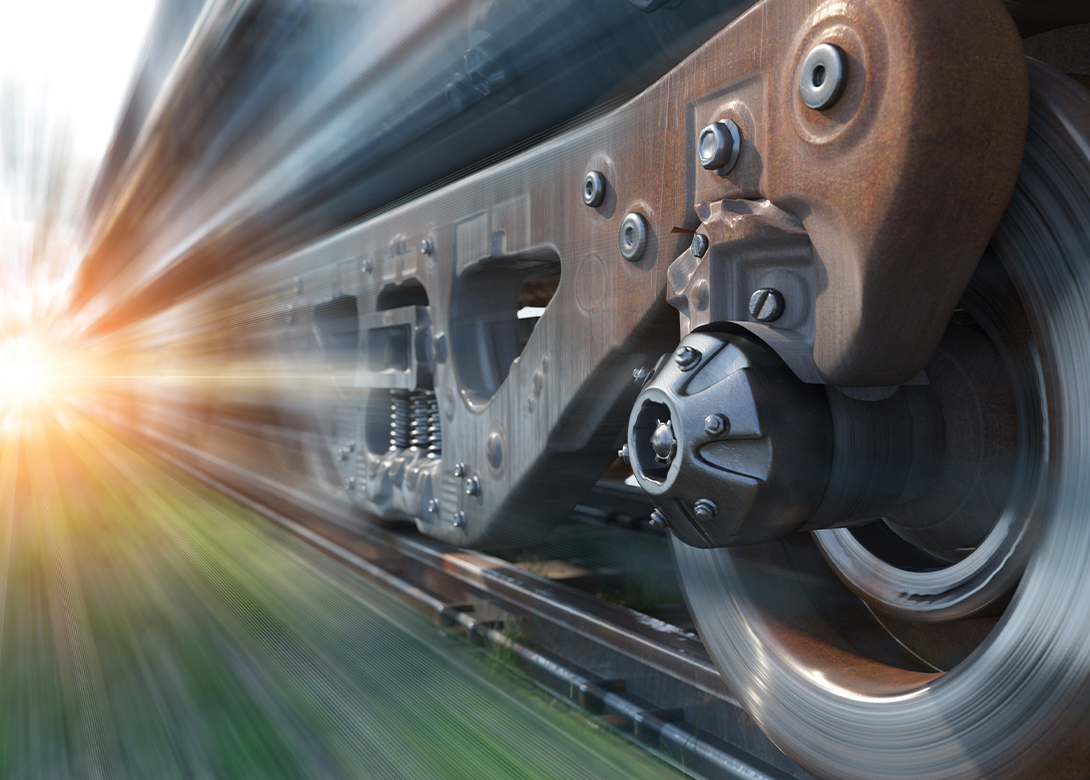
Vossloh and Deutsche Bahn AG's railway infrastructure manager, DB Netz AG, are continuing their successful cooperation in the field of preventive rail maintenance with the HSG (High Speed Grinding) technology developed by Vossloh.
Following the current success of this collaboration, the scope of high-speed grinding for 2024 has now been extended by 1,000 kilometers to at least 13,000 kilometers. The focus of the work will again be on the most heavily used lines of the German rail network, the so-called high-performance network.
In addition to the actual grinding work, DB Netz AG has again ordered the use of extensive digital measurement and analysis technology. During the crossing, important condition data is collected and evaluated in real time, and relevant information can be visualised in a web-based application, including concrete recommendations for action. This creates the basis for a transition from time-based to condition-based maintenance.
"The importance of preventive and condition-based maintenance measures cannot be overstated. They are a crucial step toward higher track availability, which in turn is a mandatory prerequisite for shifting more traffic to rail and thus supporting the achievement of ambitious climate protection targets," says Oliver Schuster, CEO of Vossloh AG. "At Vossloh, we have built up a unique understanding of the rail track, which we are increasingly using also with the aid of digital offerings to develop tailored solutions for our customers. We are pleased to continue our successful and trusting cooperation with Deutsche Bahn and to enable more green mobility in Germany," adds Schuster.
The globally unique grinding process for preventive maintenance of the rail network allows an operating speed of more than 80km/h on mainline tracks. This allows Vossloh machines to ‘float along’ with freight traffic at night, for example, making line closures obsolete. The grinding program can be individually adapted to the respective track condition. Under the current contract, for example, additional cross-sectional optimisation has been carried out on some sections of track.
"We expect passenger and freight traffic volumes to continue to rise in the coming years, and we are constantly upgrading our network in response. The size of the German high-performance network will almost triple to over 9,200 kilometers by 2030. By means of prevention using HSG technology, for instance, we will further increase the reliability of our network,” adds Heike Junge-Latz, member of the board of management responsible for plant and maintenance management at DB Netz AG.

Becca is the latest member to join our team and is eager to get stuck into the world of fasteners. She brings an enthusiastic and fresh outlook on what we do editorially and will be leading our social media activity – including sourcing material, editing articles and posting online.





